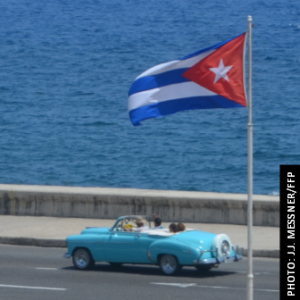The tiny West African nation of The Gambia, a tropical country famed for its beautiful beaches, stunning vistas, and warm hospitality, has had a turbulent few years. Ruled for over two decades by President Yahya Jammeh, The Gambia experienced a progressive slide into authoritarianism from 1994 until late 2016, when a political and military intervention spearheaded by the Economic Community of West African States (ECOWAS) succeeded in forcing Jammeh’s resignation.
During Jammeh’s 22 years in power, The Gambia experienced a sharp curtailing of basic human rights and freedoms, as well as a crackdown on independent journalism. Under Jammeh’s regime, human rights activists in the country were considered as “saboteurs,” and their offenses were punishable by death. In addition, its strategic coastal location, weak judicial system, and endemic corruption continued to make The Gambia a desirable transit point for drug traffickers operating networks between Latin America and Europe. In mid-2010, The Gambia gained notoriety not only for its authoritarian leader and draconian laws, but also as being the locale of the largest drug bust in the history of West Africa, with an estimated US$1 billion in cocaine seized from a warehouse in the northwest of the country.
